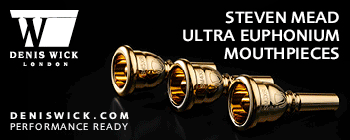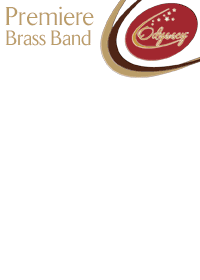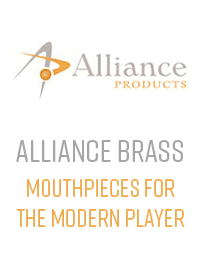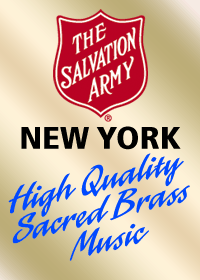Q&A with Robert Redhead

An extended website exclusive Q&A with Robert Redhead, the featured composer on Fairey Band’s latest CD, Quintessence, conducted by John Ward
Your music has been recorded by bands all over the world, how does that make you feel?
I was very pleased and felt honoured that people would want to listen to a whole CD of my music. As a composer, one is always aware that listeners have different tastes. I have, in the past, had a few negative expressions (one listener in particular using the word 'rubbish'), but fortunately, the vast number of listeners seem to have appreciated my compositions.
You have a large number of published works to your credit. How was the music for the recording selected?
I am grateful to Dr.Ronald W. Holz for his assistance in the choice of music to be recorded. Essentially, a recording should entertain and enrich the listener, express the various styles that are effective in brass music, and within the context of the Salvation Army, express the spiritual aspect expressed in SA music making.
You were present at the recording sessions - was there a particular highlight(s), musically and/or otherwise?
It was a great pleasure to be able to be present. John Ward (the primary conductor) had prepared the band very well. The location was perfect for sound, in that it was a large 'temple - like' building, but adapted, and created just the right ambience. A highlight was the efficiency and musicality with which John directed the sessions. No time was wasted and the band-members were ready for whatever was needed. As in all good recording sessions, the conductor and recording 'director' were in tune with each other.
'Tenore' was specially written for Owen Farr to record - can you tell us a little bit more how that came about and how you set about creating the work?
It was John's idea to invite Owen Farr to record a selection with the Fairey Band. He asked me if I could provide a new composition for him. The Tenor Hirn has a lovely mellow sound so the use of 'Tenore' as the title was a play on words. I wanted to create a work that would feature Owen's virtuosity of the tenor horn, that it was written in such a way that the solo would not be lost among all the other notes.
You directed 'I Will Follow Thee' - how was that for you?
It was a great privilege for me to be able to conduct the band in this selection. It was the first piece that I wrote after I had been appointed to the International Music Editorial Department of the Salvation Army. Prior to that appointment I had been a member of the Training College Staff in London, UK,. The move to the Editorial Department came about because my father become very ill with cancer and came to live with Gwenyth and me. The appointment was an unexpected change of direction in my vocation as a Salvation Army Officer, and the composition expressed my desire to be obedient to the call of God even if it meant personal sacrifices along the away. But as a result a whole new world of ministry opened up for me in ways beyond anything I could have imagined.
Did you have any specific observations about the Fairey Band, its way of working, manner, make up of players etc?
It was a joy to be present for the recording. The deportment of the band and the mutual respect between the conductor, players, and recording technicians was a joy to witness. It was good to observe the mixture of old and young players working together, pardon the pun , in such gracious harmony. My wife, Gwenyth, who was also present for the recoding, and sat with me very close to the Percussion Section, could hardly believe the dexterity with which the players moved about among the various percussive instrument. She commented to me on how hard I had made them all work!
Were there any special memories stirred from hearing the music over the recording weekend?
Listening again to Isaiah 40, took me back to the Royal Albert Hall, when in 1996, it was chosen as the test piece for the Brass Band Championships. The fact that a Salvationist composer was invited to write the piece was a marker of the bridges that had been built between the Salvation Army Brass Band World and the Secular Band World. It was a great privilege for me to be asked to write that Test Piece, and then to be present when it was played several time be the leading Brass Bands of the UK..
How do you feel about the end result?
It was a delight for me to sit an listen to the CD when it arrived a few weeks ago. There were moments when I was deeply moved by the quality of the playing and others when I was humbled afresh that such a fine band would choose to record my music.
Photo: Robert Redhead
To read content like this, and much more in April's edition of BBW, subscribe to BBW Digital here.





.gif)







